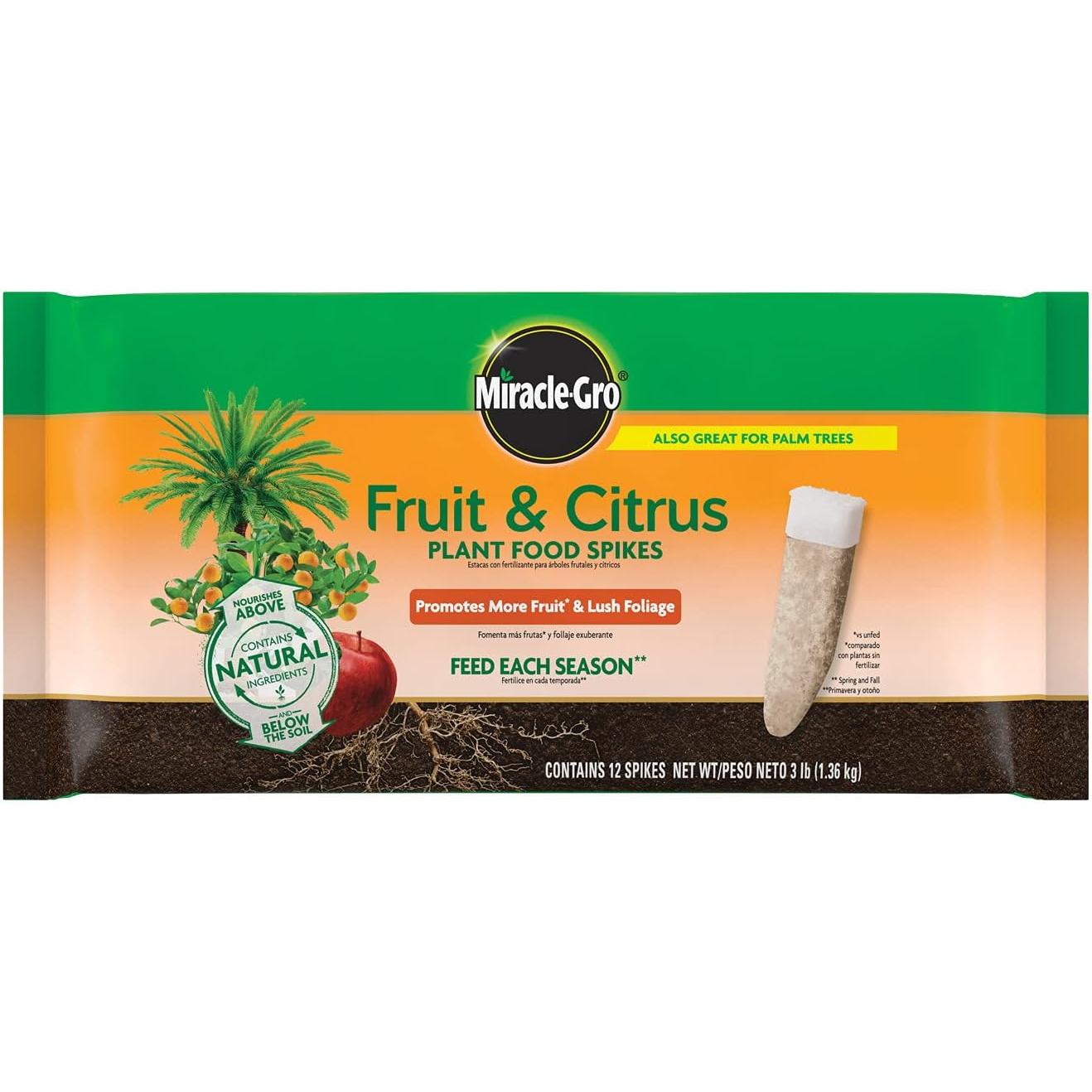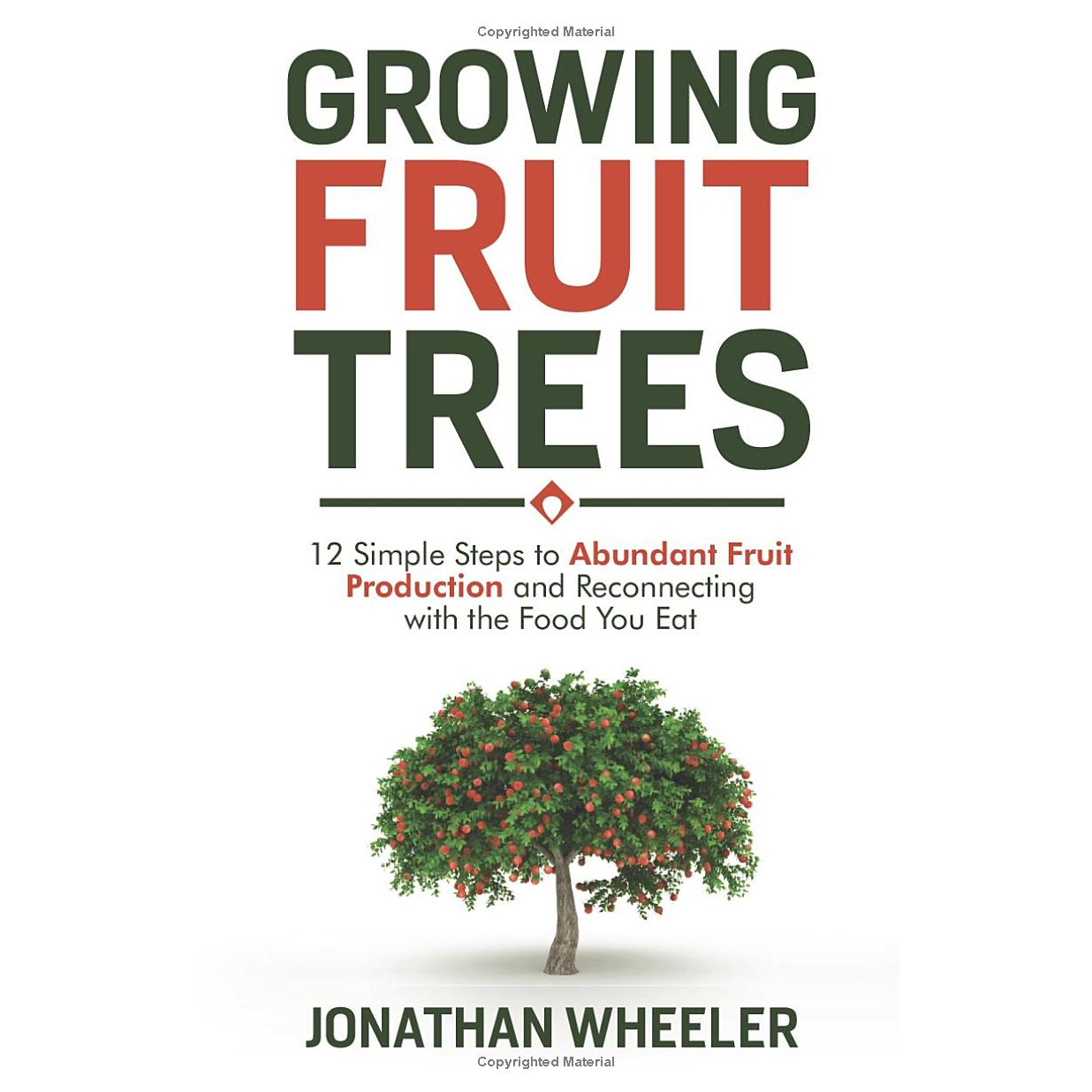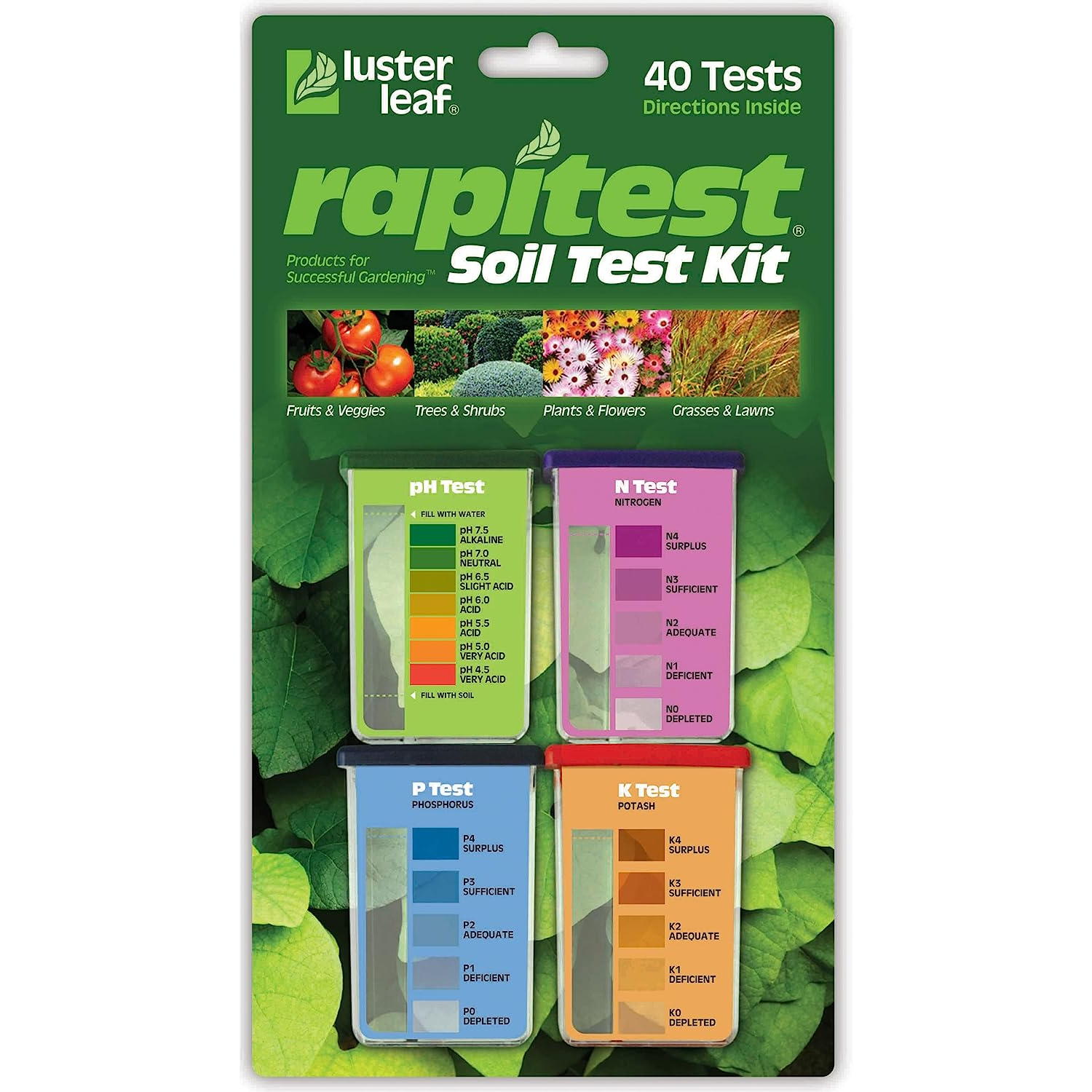When should you fertilize fruit trees? The best time year to do it for bumper crops, and when you need to stop
Fertilize them at the wrong time and your beloved fruit trees will suffer the consequences


Whether you have a miniature fruit tree or a full blown orchard, these edible additions to your yard are a simple way to start growing your own crops (plus they're blossom is sure to be a beautiful sight come spring). If you want your fruit trees to produce a bountiful crop, however, you'll need to fertilize them, and at the right time of year.
It makes sense that fruit trees need lots of nutrients in order to grow delicious apples, pears, peaches, and so on, and a good fertilizer is the best way to get them the supplements they need. The catch is, fertilize them at the wrong time and your beloved trees will suffer the consequences.
As with most elements of gardening, getting the timing right is key (particularly if you're growing fruit trees in pots). To ensure you have a healthy tree with a bumper crop next season, these experts explain exactly when you should be fertilizing.
What is the best time of year to fertilize fruit trees?
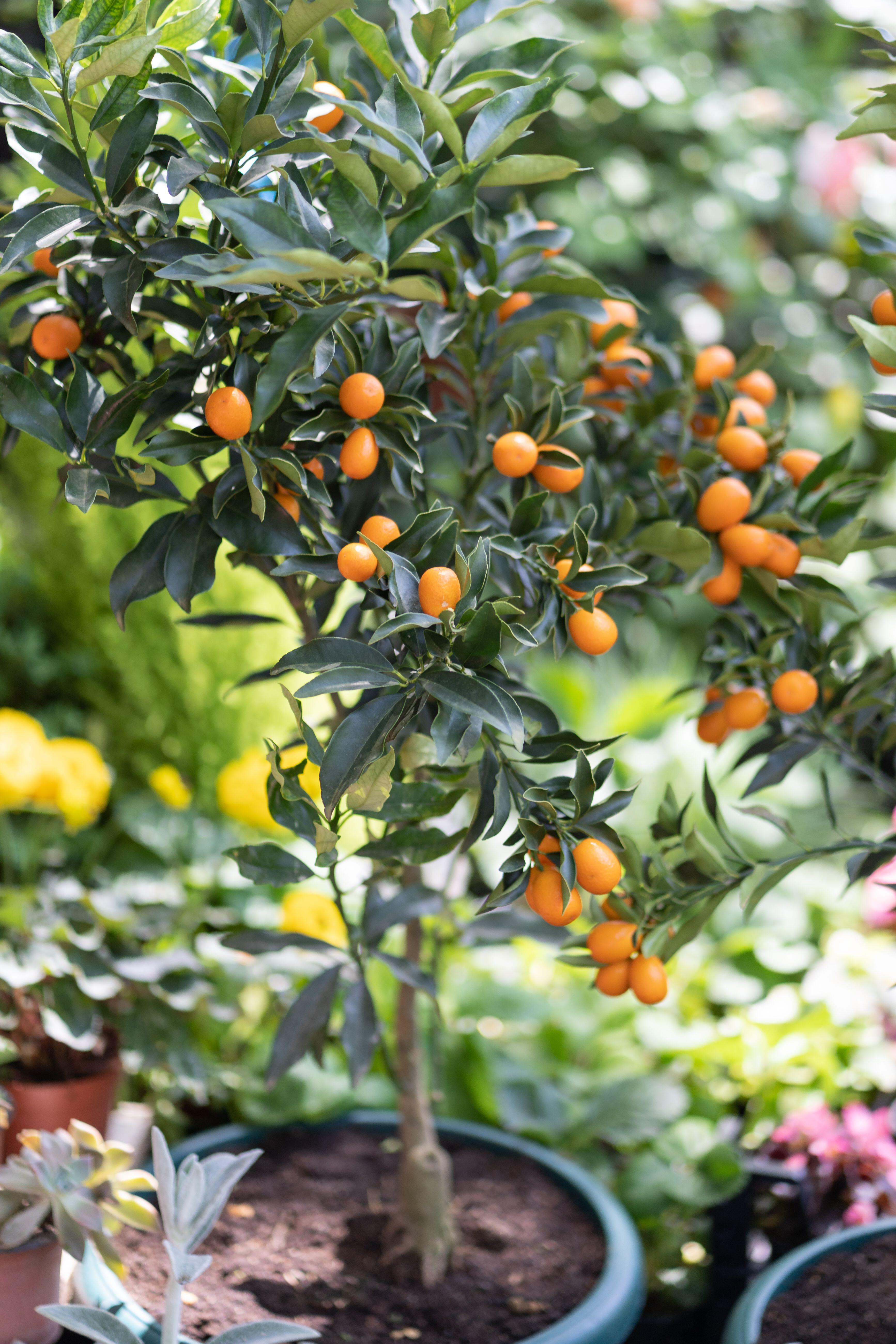
The key to figuring out when to fertilize your fruit trees is intrinsically tied to when your trees produce their crop. (For most fruits native to the US, that's during mid to late summer.) This is because the ideal time to fertilize is in the peak growing season, and the window for opportunity might be earlier than you realize.
'The best time to fertilize fruit trees is typically in late winter to early spring, just before the trees break dormancy and start their new growth cycle,' explains Zahid Adnan, gardening expert at The Plant Bible. 'This timing allows the tree to take in essential nutrients when it is most actively growing and in need of nourishment. For most regions, this period falls between late February and early April.'
Of course, this can differ depending on the local climate and weather conditions. If you're looking for a signal from your tree instead, Gene Caballero, co-founder of Your Green Pal, recommends taking a look at any new shoots. 'The ideal time is when the buds start to swell,' he says. 'Fertilizing at this juncture ensures the tree receives the nutrients essential for new growth and fruitful yields.'
What month should you stop fertilizing fruit trees?
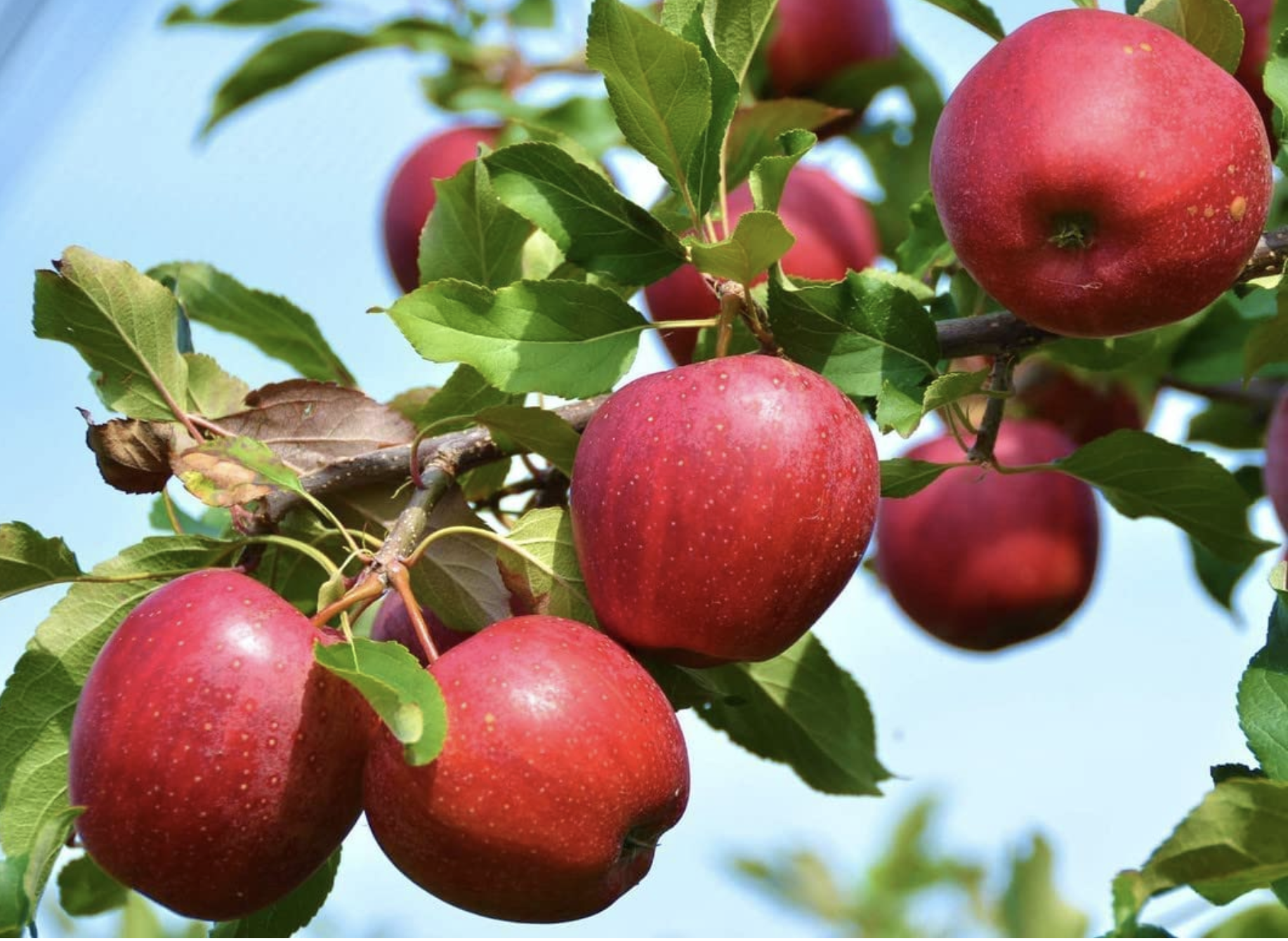
Fertilizing fruit trees isn't a case of one single feed and then stopping. You'll need to continue throughout the growing period, but that also means knowing when to stop.
'As the summer winds down, specifically by August, it's wise to stop fertilizing fruit trees,' suggests Gene. 'This gives them a chance to prepare naturally for the colder months without the encouragement of new growth.'
According to Zahid, this is because the trees enter dormancy during winter. 'Fertilizing too late in the growing season can stimulate new growth that may not have sufficient time to harden off before colder weather arrives, increasing the risk of cold damage,' he says. The same applies to your indoor fruit trees, too.
Why is it a mistake to fertilize fruit trees in fall?
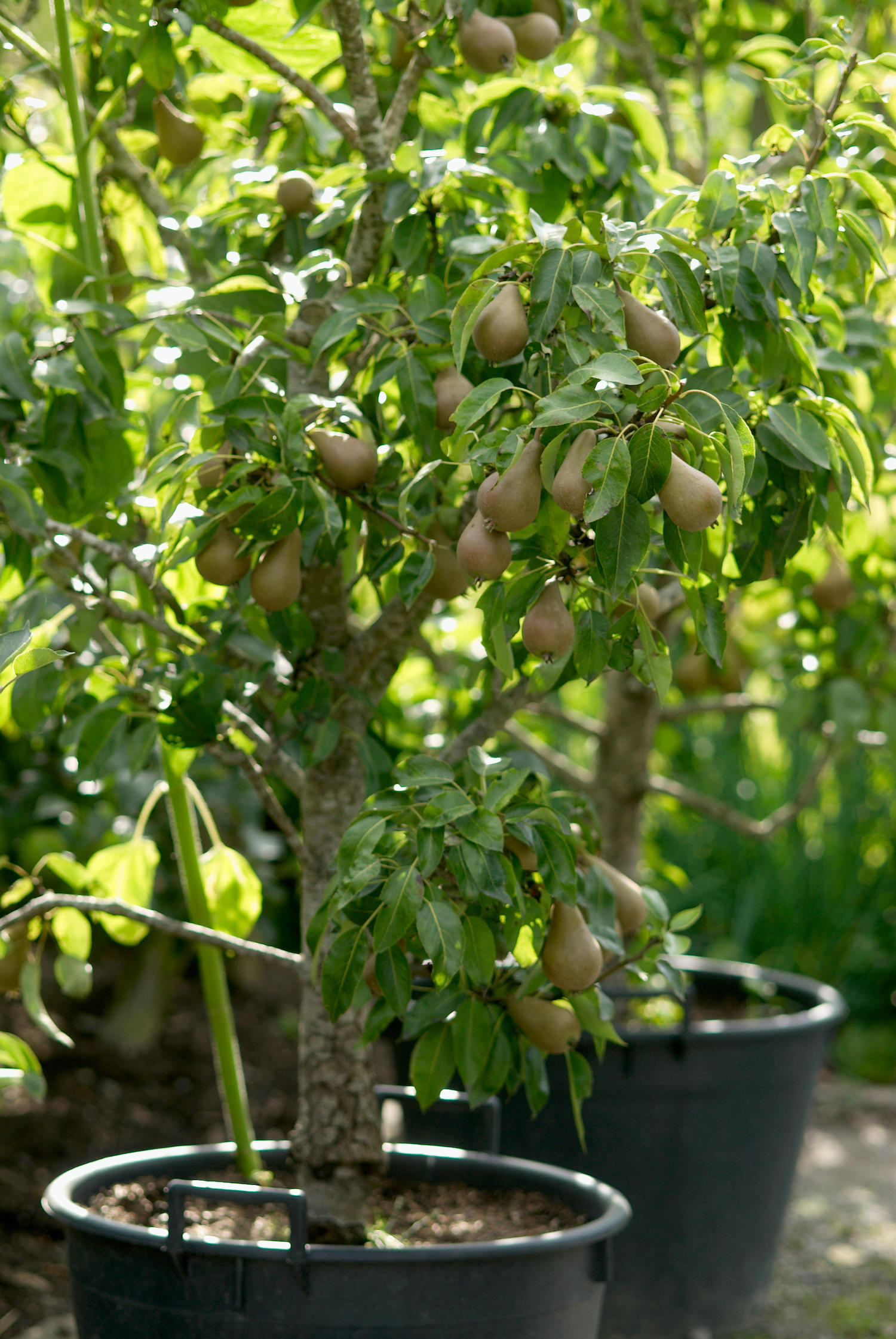
You might still be adding fertilizer to your homegrown tomatoes or considering giving your lawn a good feed in the upcoming month, but now is certainly not the time to fertilize your fruit trees. According to Zahid, there are several issues that could happen as a result.
The first, as touched upon, is cold hardiness. 'Late-season growth may not have enough time to harden off properly, making the tree less cold-hardy and more vulnerable to winter weather.' Linked to this is the matter of cold sensitivity. Since fertilizing in the fall can encourage late-season growth, these new buds are often tender and thus more susceptible to frost or freezing temperatures. 'This exposure can then result in long-term damage to the tree,' adds Zahid.
Finally, and counterintuitively, fertilizing in fall can actually lead to nutrient loss. 'This is because the nutrients leach away due to winter rains and snow,' explains Zahid.
What is the best fertilizer for fruit trees?
Once early spring rolls around, you'll want to know the best method and formula for fertilizing your fruit trees. This will depend on various factors including soil conditions, the tree's specific nutrient needs, and whether you prefer organic or synthetic options.
'Generally, a balanced, slow-release fertilizer with a ratio such as 10-10-10 or 14-14-14 can work well for most fruit trees,' says Zahid. 'However, it's highly recommended to conduct a soil test to determine the precise nutrient requirements of your fruit trees and adjust the fertilizer composition accordingly.'
If you're not a fan of chemical fertilizers, there are plenty of organic methods you can try, too. 'Compost, well-rotted manure, or specialty organic fruit tree fertilizers are excellent choices for improving soil fertility while promoting long-term soil health,' adds Zahid.
Last but not least, ensure that you always follow the manufacturer's recommendations for the specific fertilizer you choose, avoiding direct contact with the trunk to prevent root burn. If you want to be on the safe side, fertilizer stakes like these ones from Amazon are a great option.
As the season goes on, be sure to check in with your trees and deliver fertilizer accordingly. 'Caring for fruit trees is a balance of understanding their needs and the
timing of your intervention,' Gene summarizes. 'With the right fertilization practices,
you're setting the stage for strong, healthy trees that offer delicious and
plentiful fruit come harvest season.'
Be The First To Know
The Livingetc newsletters are your inside source for what’s shaping interiors now - and what’s next. Discover trend forecasts, smart style ideas, and curated shopping inspiration that brings design to life. Subscribe today and stay ahead of the curve.

Lilith Hudson is a freelance writer and regular contributor to Livingetc. She holds an MA in Magazine Journalism from City, University of London, and has written for various titles including Homes & Gardens, House Beautiful, Advnture, the Saturday Times Magazine, Evening Standard, DJ Mag, Metro, and The Simple Things Magazine.
Prior to going freelance, Lilith was the News and Trends Editor at Livingetc. It was a role that helped her develop a keen eye for spotting all the latest micro-trends, interior hacks, and viral decor must-haves you need in your home. With a constant ear to the ground on the design scene, she's ahead of the curve when it comes to the latest color that's sweeping interiors or the hot new style to decorate our homes.
-
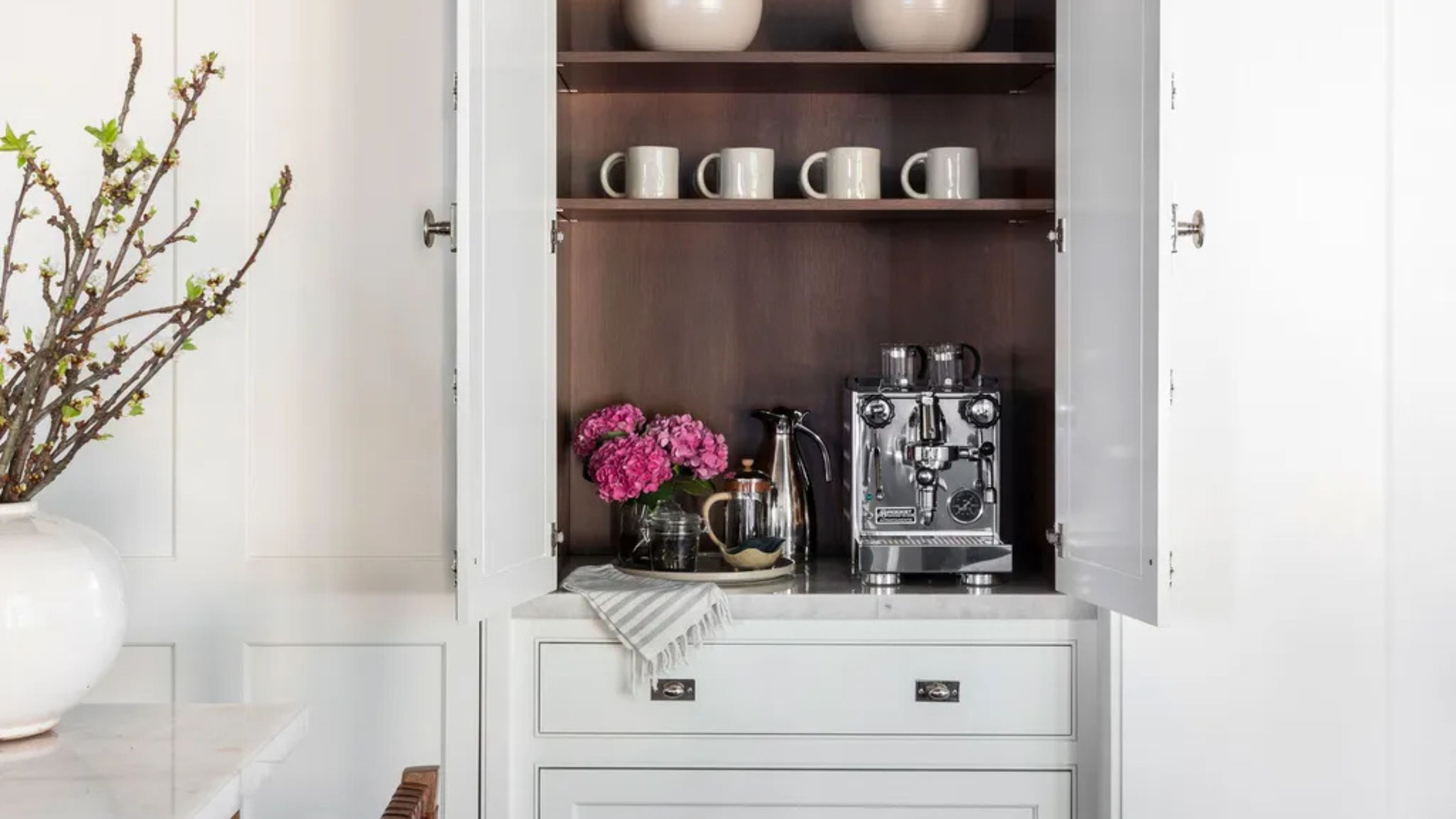 Turns Out the Coolest New Café is Actually In Your Kitchen — Here's How to Steal the Style of TikTok's Latest Trend
Turns Out the Coolest New Café is Actually In Your Kitchen — Here's How to Steal the Style of TikTok's Latest TrendGoodbye, over-priced lattes. Hello, home-brewed coffee with friends. TikTok's 'Home Cafe' trend brings stylish cafe culture into the comfort of your own home
By Devin Toolen Published
-
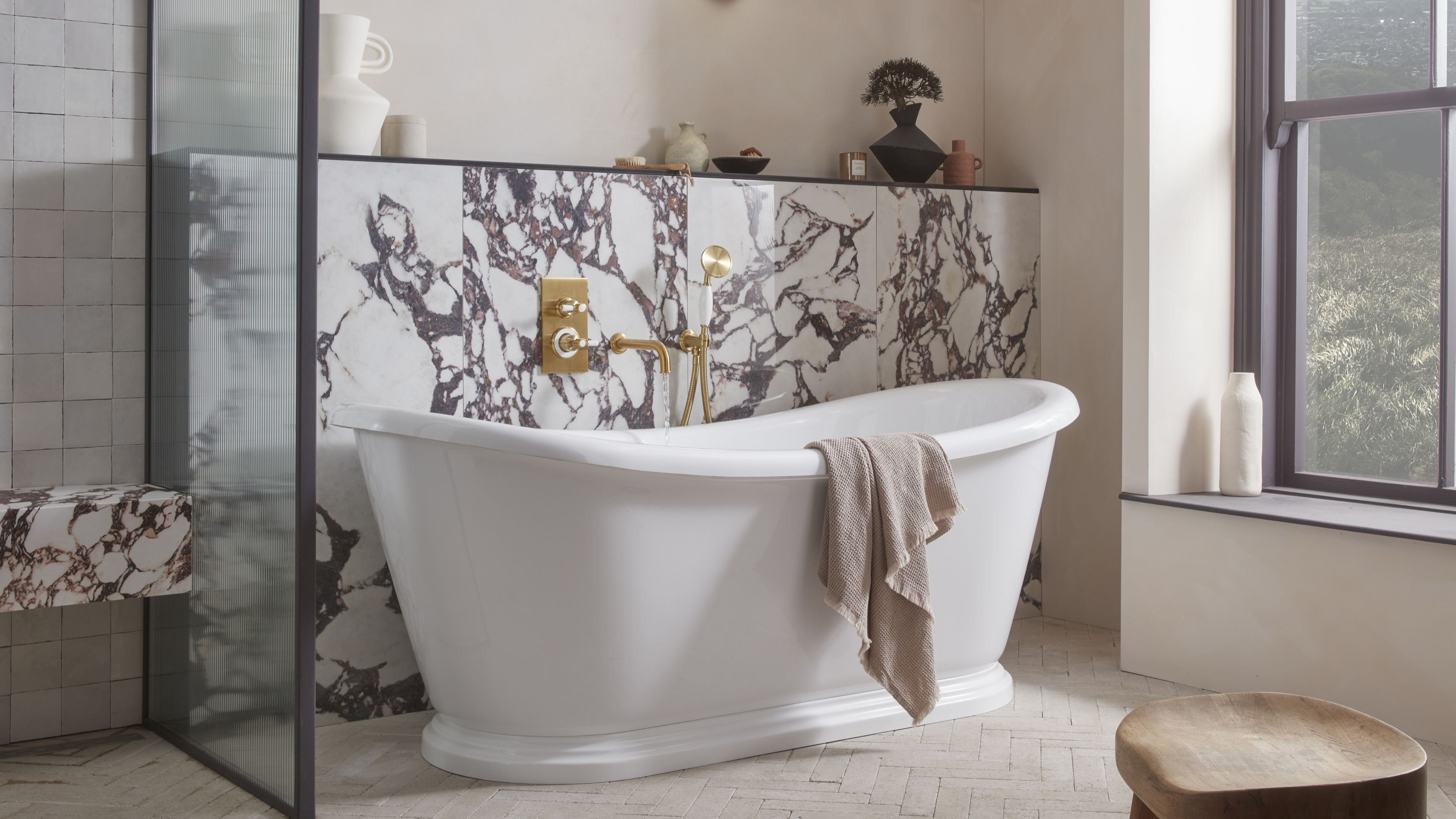 5 Bathroom Layouts That Look Dated in 2025 — Plus the Alternatives Designers Use Instead for a More Contemporary Space
5 Bathroom Layouts That Look Dated in 2025 — Plus the Alternatives Designers Use Instead for a More Contemporary SpaceFor a bathroom that feels in line with the times, avoid these layouts and be more intentional with the placement and positioning of your features and fixtures
By Lilith Hudson Published
